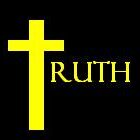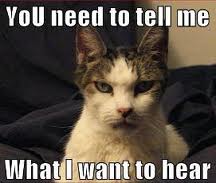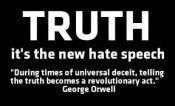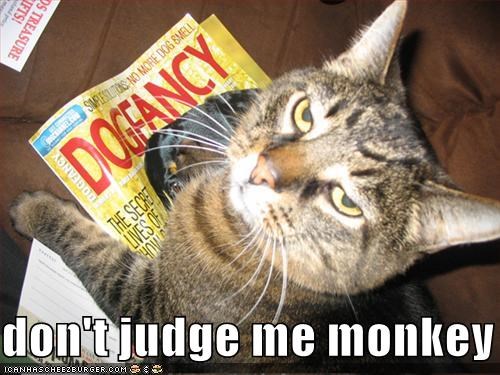Homo- Greek prefix meaning “same” -phobia from the Greek ‘phobos’, meaning “morbid fear or dread” (A phobia is defined as) a persistent fear of an object or situation in which the sufferer commits to great lengths in avoiding, typically disproportional to the actual …
Read More









